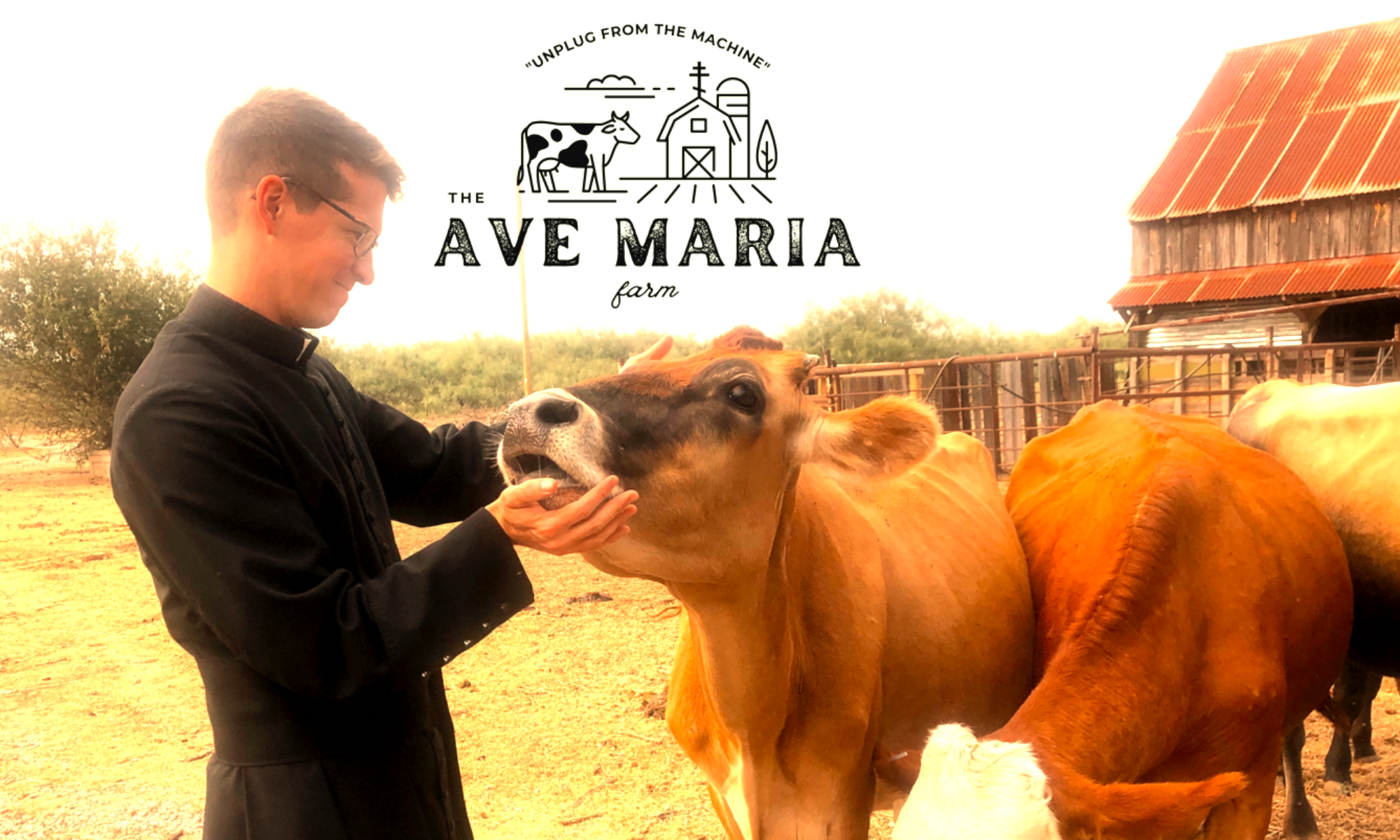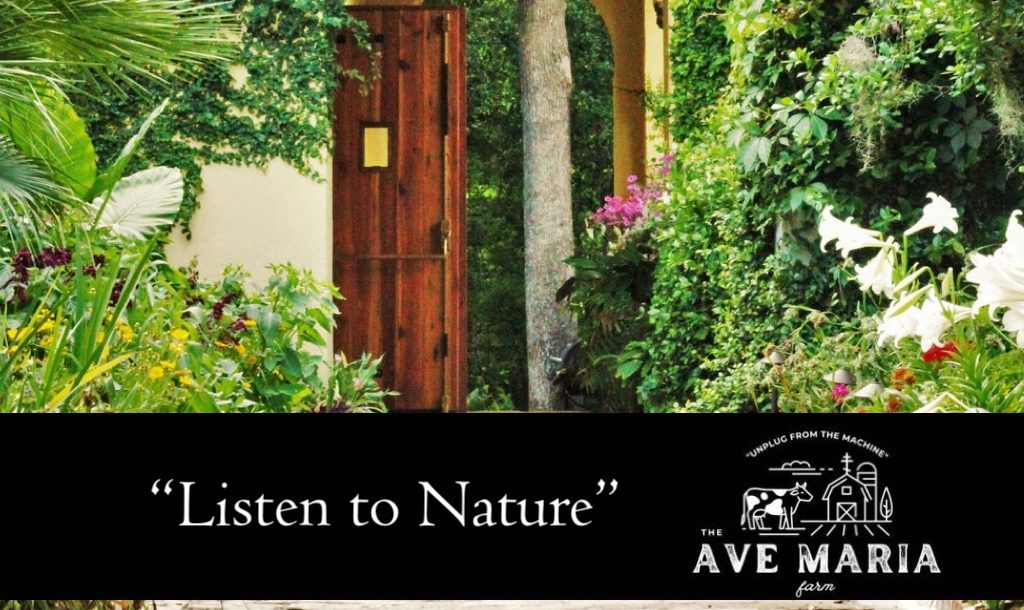We Must Learn to Listen to Creation
“The heavens are telling the glory of God, and the firmament proclaims his handiwork” (Psalm 18:2,4).
From the stars to the tiniest molecules, God has embedded his logos and rationality. Discovering our place within creation, we have the task of acquiring eyes to see and ears to hear. The Scriptures and Holy Fathers explain that God has filled the universe with His wisdom. Open hearts will discover in creation the Way of God.
God’s Logos within Creation
“The conviction that God is the ‘indwelling life of things’ is fundamental to Christian cosmology…God is absolutely distinct from the created order, but everything created is inextricably bound up with him: apart from him, it simply has no being” (Theokritoff 52).
Physical things have a spiritual essence. In Romans 1:20, St. Paul writes: “For his invisible attributes, namely, his eternal power and divine nature, have been clearly perceived, ever since the creation of the world, in the things that have been made.” St. Maximus taught a great deal about this verse, illustrating that a spiritual reality lies within all physical reality, accessible to contemplative eyes. Behind every stone, tree, lake, or blade of grass is a spiritual life, communicating wisdom and energies.
God is not everything. God is within everything.
Creation Points us To God
In his homilies on the six days of creation, St. Basil the Great describes how the Wisdom of God “has filled all with with the works of his creation and has left everywhere visible memorials of his wonders” (Hexaemeron). St. Gregory the Great a.so emphasizes the insight gained from contemplating nature. God’s logos, everywhere present, directs our soul towards Him.
In his five books refuting Gnostic heresies, St. Irenaeus teaches several principles of Christian ecology. Theokritoff examines these principles, observing that: “The world is a mystery in which ordinary, natural events reveal something deeper — the power of the Creator and Savior at work” (41).
All creation is a “word” from God, aiding us in the path of enlightenment.
Matter has Spiritual and Eternal Importance
Matter has an important a role in our spiritual and eternal wellbeing. St. Irenaeus points out that Jesus Christ could have had made wine out of nothing, but chose otherwise. In turning water into wine, to see God’s preference to accomplish his work through creation. He has also chosen to work out our salvation through sacraments, using wine, bread, water, oils, and all the essential physical parts of human life to transfigure us.
“I make an image of the God whom I see,” St. John of Damascus proclaimed. “I worship the Creator of matter who became matter for my sake, who willed to take his abode in matter; who worked out my salvation through matter. Never will I cease honoring the matte which wrought my salvation!” (Theokritoff 43).
God has become matter, forever after elevating matter to the divine.
“We ourselves are material creatures. We are created as body-and-spirit, and it is as body-and-spirit that we are destined to be saved and transfigured. And this means that in our movement towards Christ, we cannot but bring all creation with us” (Theokritoff 42).
Salvation is intrinsically and simultaneously physical and spiritual. The path to God requires a marriage of the two.
True Science only Enhances our Wonder
“As our knowledge of the workings of nature increases, this does not explain away the wonder of creation; instead, it deepens our sense of awe at the intricacies of divine wisdom…The awe that the Fathers felt before the created world, then, did not come from ignorance about the world; what struck them was the very intelligibility of the world. The fact that the universe is accessible to the intellect reinforced their conclusion that it is suffused with the ‘word’ of God — his logos, his intelligibility” (Theokritoff 45).
Science is a truly Christian undertaking. When understood authentically, science does not distract us, but propels us towards Christ.
To Be Fully Human, We Need a Right Relationship with Nature
“Just as we have two spiritual eyes, says Isaac, so we have two spiritual eyes. With one of these spiritual eyes we contemplate the glory of God’s nature; but with the other, we see aspects of his glory hidden in his creation — his power, wisdom and providence” (Theokritoff 51).
St. Basil: “I want creation to penetrate you with so much wonder that everywhere, wherever you may be, the least plant may bring to you the clear remembrance of the Creation” (Theokritoff 49).
“A single plant…is sufficient to occupy all your intelligence in the contemplation of the skill which produced it” (Theokritoff 5O).
What does this mean on a practical level? We must surround ourselves with nature. By cutting ourselves off from nature, we cut ourselves off from God’s way. By living a life steeped in nature, we immerse ourselves in a cosmic adoration and a universal instruction ushering us towards Christ.

